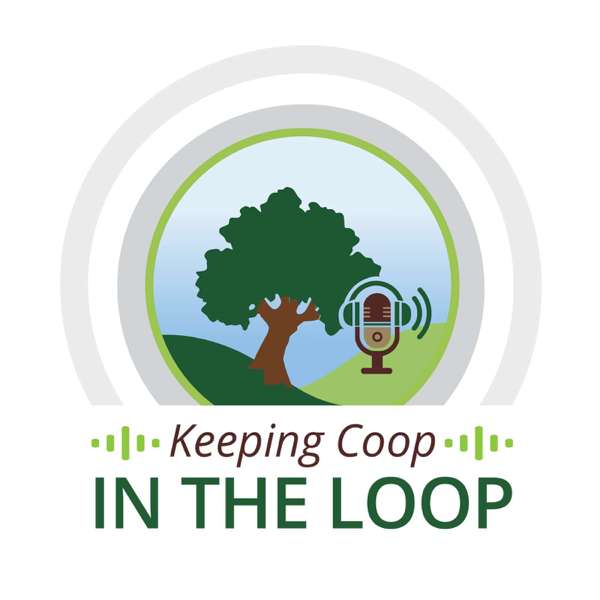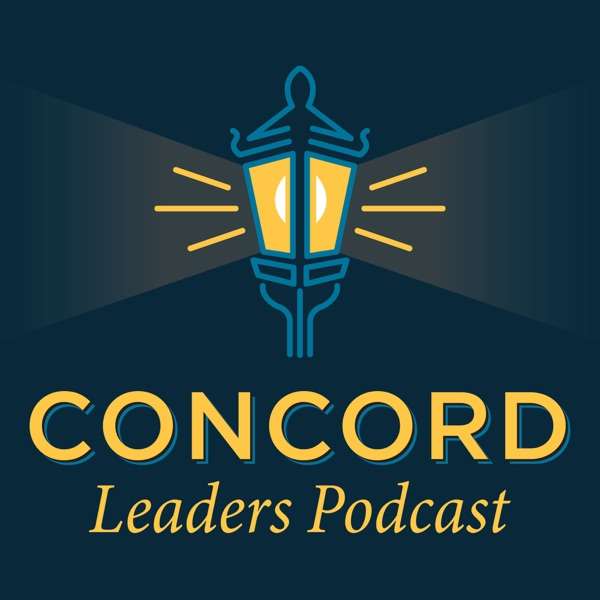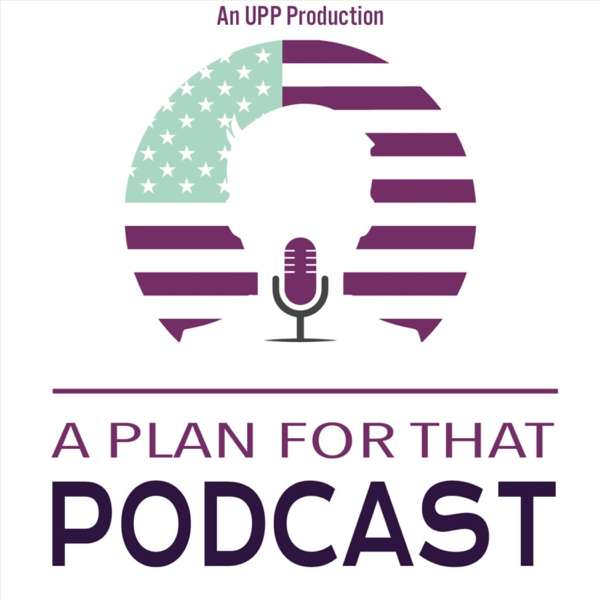Washington, DC, April 19, 2024 — On this month's podcast, the National Association of County and City Health Officials' (NACCHO) Victoria Van de Vate, Director of Government Affairs, and Lauren Mastroberardino, Government Affairs Senior Specialist, spoke about recent changes to the Special Supplemental Nutrition Program for Women, Infants, and Children (WIC) program and final FY2024 funding amounts for Labor, Health and Human Services, Education, and Related Agencies, which include programs and agencies crucial for public health. Sign up here to receive our Congressional Action Alerts.
Later in the program (5:14), Emily Winkelstein, Director of Overdose Prevention at NACCHO, and Dr. Michael Kilkenny, Chief Executive of the Cabell-Huntington Health Department in West Virginia and incoming NACCHO President, discussed efforts to advance evidence-based overdose prevention initiatives on a local level, with a focus on communities particularly hard-hit by overdose. The Centers for Disease Control and Prevention (CDC) recently released its overdose mortality data for 2022 showing that while fatal overdose rates remained somewhat stable between 2021 and 2022, the number of fatal overdoses had claimed the lives of 107,941 peope in 2022. The data also shows that synthetic opioids combined with stimulants, coming from supply contamination, polysubstance use, or both, are drivers in the fourth wave of the overdose crisis. Dr. Kilkenny discussed some of the harm reduction strategies his jurisdiction has implemented, the importance of using a holistic approach to substance use that centers dignity and respect for people who use drugs, and why using data to understand the scope and needs of the communities most impacted will help address the overdose crisis.
###
About NACCHO
The National Association of County and City Health Officials (NACCHO) represents the country's over 3,300 local governmental health departments. These city, county, metropolitan, district, and tribal departments work every day to protect and promote health and well-being for all people in their communities. For more information about NACCHO, please visit www.naccho.org.

 Our TOPPODCAST Picks
Our TOPPODCAST Picks  Stay Connected
Stay Connected







